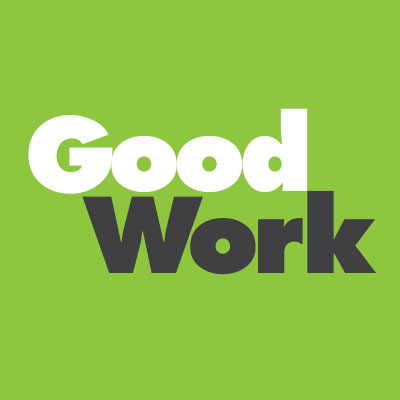 The fifth branch of the ‘Eightfold Path’ is “Right Livelihood.” Right Livelihood means that, as a life choice, one should earn a living in ways not harmful, and helpful and healthful to the world.
The fifth branch of the ‘Eightfold Path’ is “Right Livelihood.” Right Livelihood means that, as a life choice, one should earn a living in ways not harmful, and helpful and healthful to the world.Nurse, social worker, and teacher seem obvious choices. In our interconnected economy, so too do bus driver, honest salesman, cheerful office worker, waitress supporting her kids, the engineer or businessman providing goods or services which benefit lives. Remember that the bus driver who gets people where they need to go, the teacher, the receptionist, the doctor or farmer, the researcher may be helping people in seen and unseen ways. On the other hand, perhaps the bus driver makes air pollution, the researchers work is used for harm, the receptionist answers phones for a big company with labor abuses in the third world ... . It is a complicated world, and there are no totally harmless jobs.
Certainly, burgler, heroin pusher, hitman and environmental polluter fall outside the mark. And for all of us in careers of complexity — the lawyer, soldier, butcher (traditionally, said banned by Buddha), nuclear scientist — we must honestly follow our hearts: Are we doing what is really necessary? Are we doing it in the best ways we can? Are we leaving this world a better place?
And if we must put food on the table for our family, let them be housed, go to school, have the necessities of life ... that goes in the "right livelihood equation" too. It does not excuse selling heroin to hurt someone else's children, but it does excuse our being a bit powerless to walk away from some less than perfect job. It was true in the Buddha's day too, when many of the faithful Buddhists to whom he preached were kings, business people, land owners whose business could never be as ethically perfect as a monk living in a monastery. The Buddha told them to do the best they could in their situations.
The workplace (like the home, like every place) is our place of Practice …
CLICK HERE for today’s Sit-A-Long video.
Remember: recording ends soon after the beginning bells; a sitting time of 20 to 35 minutes is recommended.




 )
)
Comment